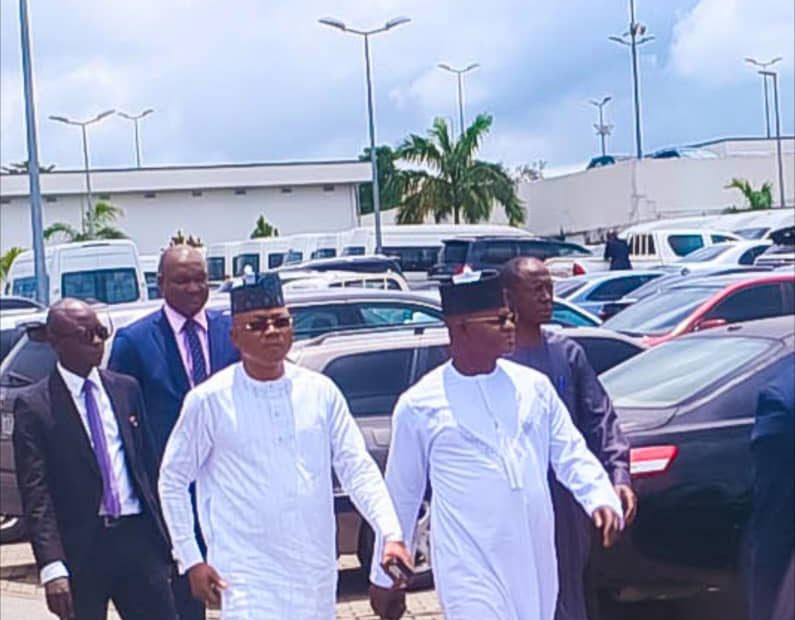The EFCC seems to be walking a fine line with the handling of Yahaya Bello’s case. Offering him the option to be interrogated privately in the EFCC office, rather than with the presence of the media, is clearly a strategic move to reduce the political optics of the situation. However, Bello’s insistence on being questioned in his village suggests he’s either trying to maintain a narrative of victimization or hoping to avoid any scenario that might further implicate him in the alleged misconduct.
The specific mention of $720,000 being funneled through a bureau de change for personal reasons, such as paying school fees, raises serious questions about misuse of public funds. Whether the EFCC will pursue these allegations with the required level of professionalism remains to be seen, but it’s clear that the political and public perception will play a major role in how this unfolds.
Bello’s media team, as expected, continues to push back, invoking his rights as a citizen, which points to the possibility that this case could escalate further, possibly into a public showdown between both parties. The EFCC’s silence at this stage is interesting; their response, or lack thereof, will likely shape the direction of this narrative.
